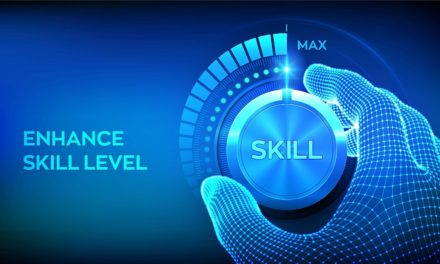Workforce planning and talent management are integral components of organizational success, aligning human capital with business goals. However, embarking on these initiatives without proper readiness can lead to inefficiencies and suboptimal results. This article explores essential indicators to help organizations evaluate their preparedness for workforce planning and talent management.
1. Strategic Alignment with Business Goals
An organization ready for workforce planning and talent management understands the alignment between its people strategy and overall business objectives. If there's a clear connection between HR strategies and the company's mission, vision, and goals, it indicates a solid foundation for workforce planning.
2. Comprehensive Data Infrastructure
Effective planning relies on data. Organizations ready for these initiatives have a robust data infrastructure that includes employee demographics, skills inventory, performance metrics, and succession planning data. The ability to access and analyze this information is crucial for informed decision-making.
3. Leadership Commitment
A leadership team committed to investing time, resources, and energy into workforce planning and talent management signals readiness. If executives actively participate in discussions, champion initiatives, and allocate budgetary support, the organization is poised for success in these areas.
4. Employee Engagement and Satisfaction
A positive workplace culture with engaged and satisfied employees is a strong foundation for effective talent management. Organizations that prioritize employee well-being, growth opportunities, and a healthy work environment are more likely to see positive outcomes from talent management initiatives.
5. Succession Planning in Place
Succession planning is a crucial aspect of talent management. If the organization has a systematic approach to identifying and developing internal talent for key roles, it indicates readiness. A well-established succession planning process ensures continuity and minimizes disruptions.
6. Skill Gap Analysis
Understanding the current skills of the workforce and identifying gaps is a key component of workforce planning. Organizations ready for this initiative regularly conduct skill gap analyses to determine the skills needed for future success and develop strategies to bridge those gaps.
7. Change Management Capabilities
Workforce planning and talent management often involve significant organizational changes. Readiness is evident when the organization has robust change management capabilities, ensuring a smooth transition and employee buy-in during the implementation of new strategies.
8. Technology Integration
Integration of advanced HR technologies is a clear sign of readiness for workforce planning and talent management. Whether it's AI-driven analytics, performance management tools, or integrated HRIS systems, technology enhances the efficiency and effectiveness of these initiatives.
9. Learning and Development Programs
Investment in employee development through comprehensive learning programs is indicative of a commitment to talent management. Organizations ready for these initiatives prioritize continuous learning and development to enhance the skills and capabilities of their workforce.
10. Agility in Adapting to Market Changes
In today's dynamic business landscape, organizations need to be agile in responding to market changes. Readiness for workforce planning and talent management is evident when an organization can quickly adapt its strategies to align with evolving market demands.
Wrapping it up
By evaluating these key indicators, organizations can gauge their readiness for workforce planning and talent management, ensuring a strategic and well-prepared approach to human capital management. Investing time and resources in these foundational elements sets the stage for long-term success, organizational resilience, and a workforce that thrives in the face of dynamic challenges.
Latest posts by Tresha Moreland (see all)
- Recession 2008 Versus 2024: Lessons Learned and Key Workforce Differences - April 24, 2024
- Why Layoffs Fall Short: Embracing a Holistic Approach to Cost Savings - April 21, 2024
- Find Your Anchor In A Sea Of Fear - April 18, 2024













